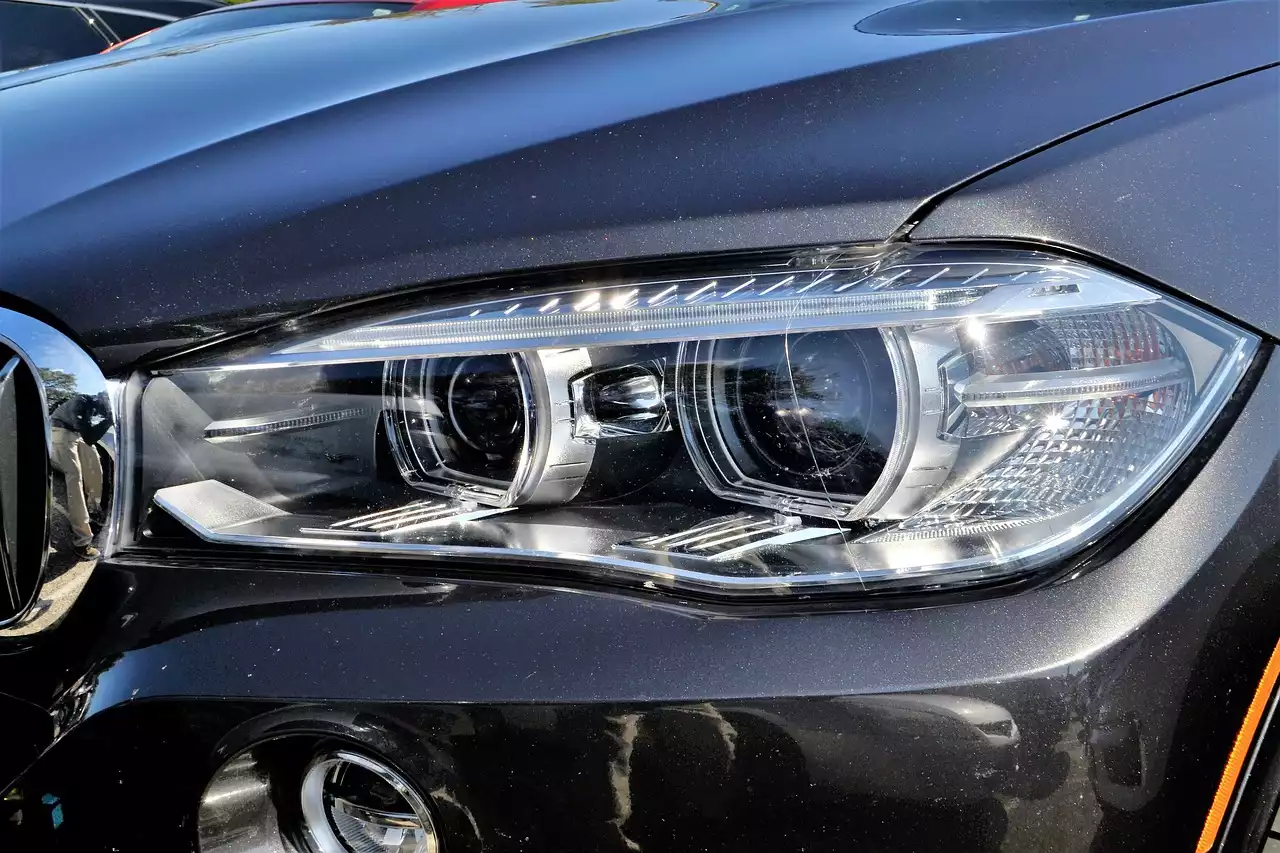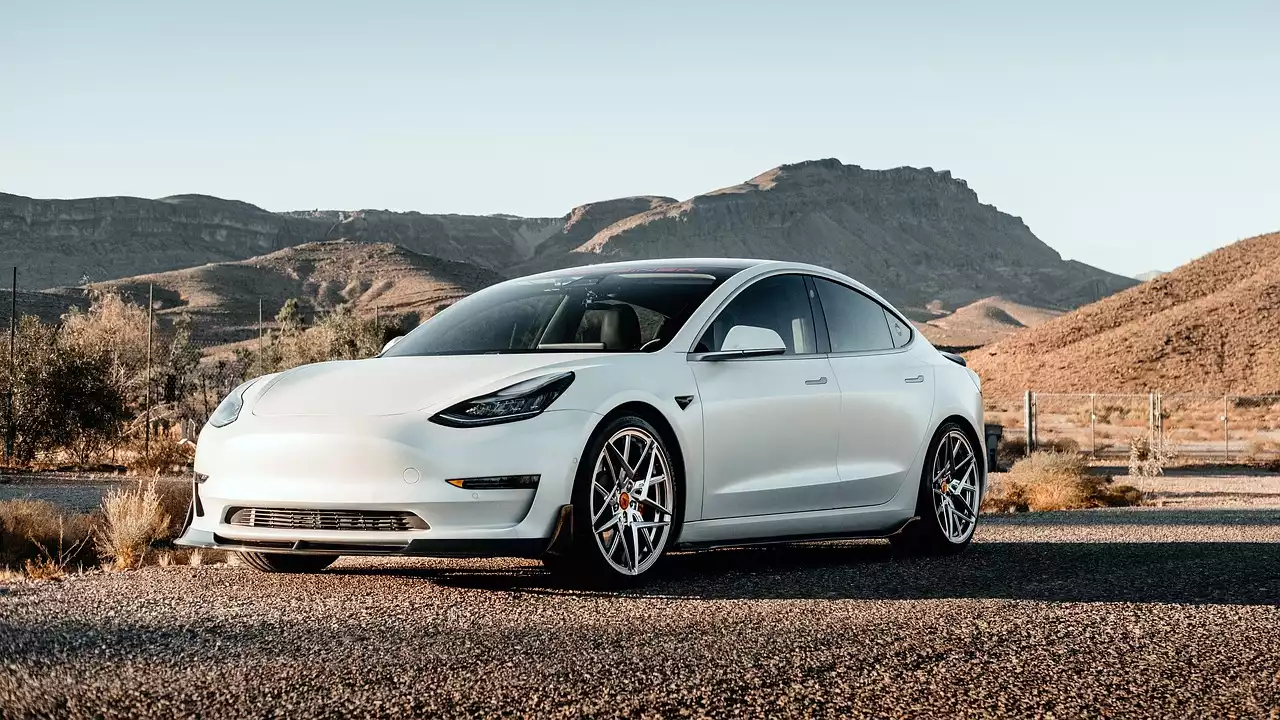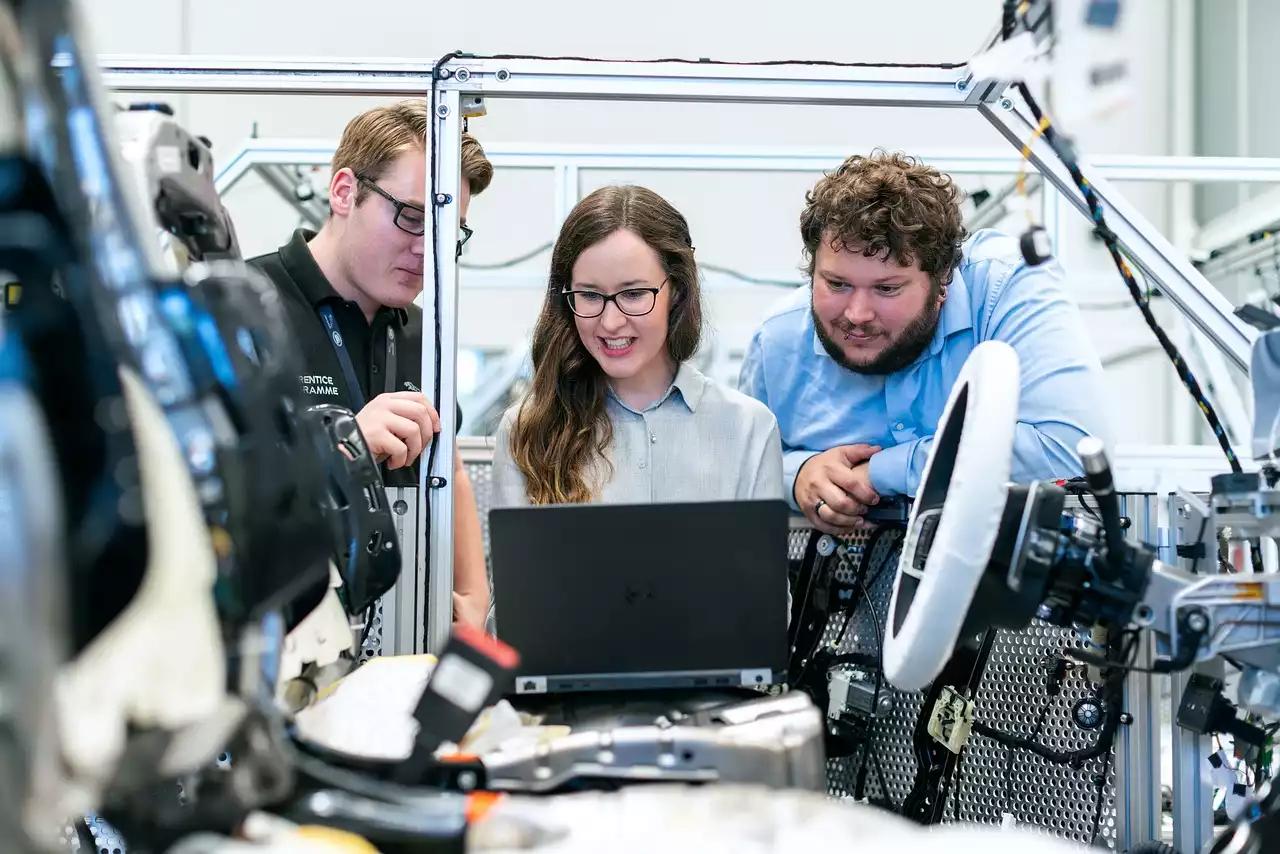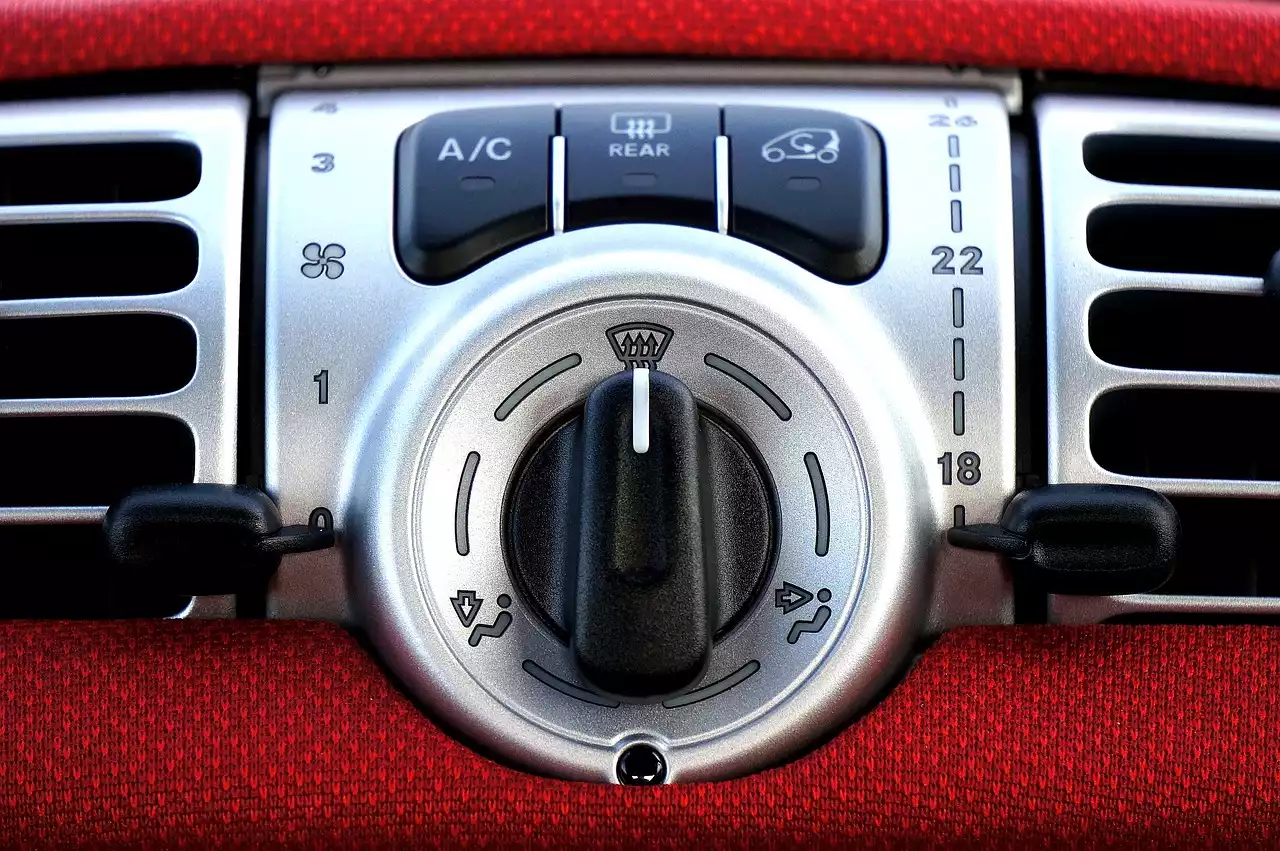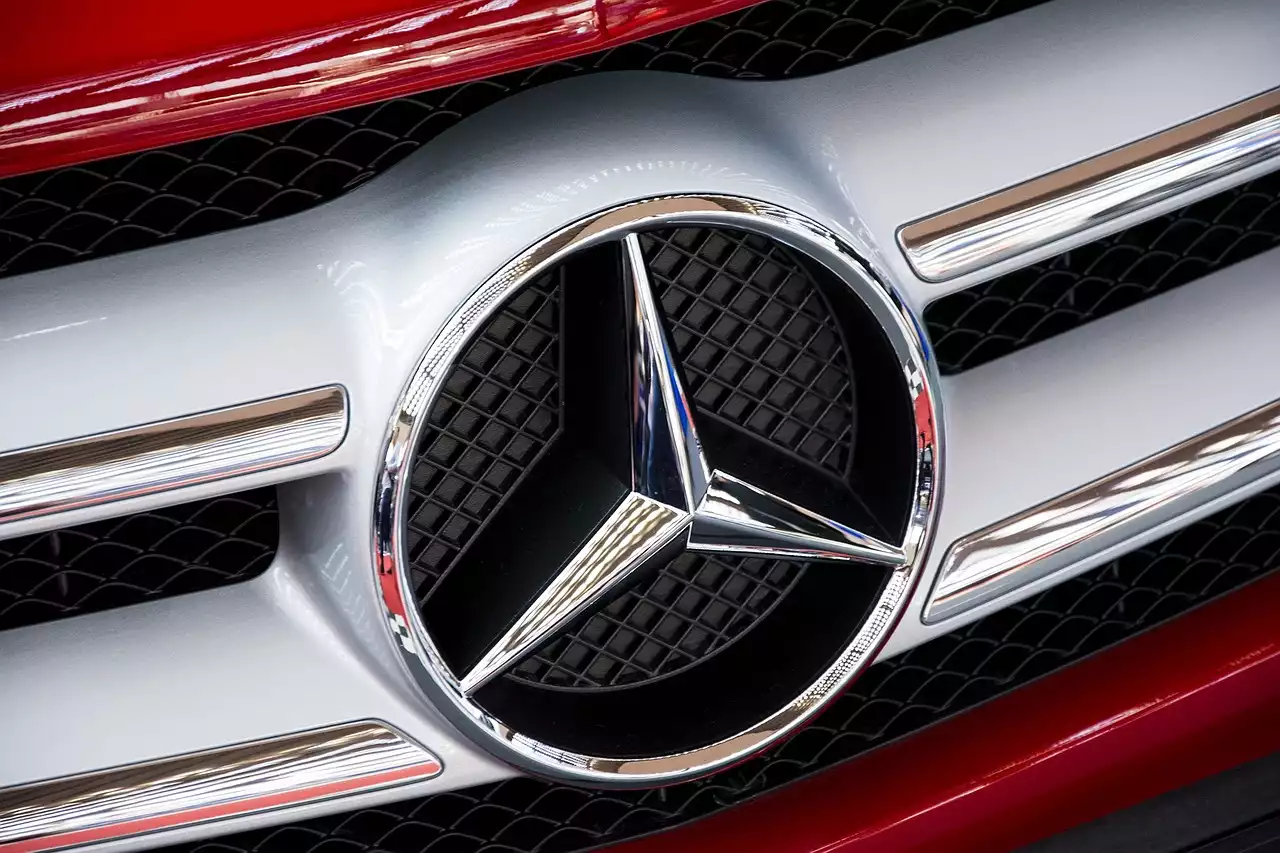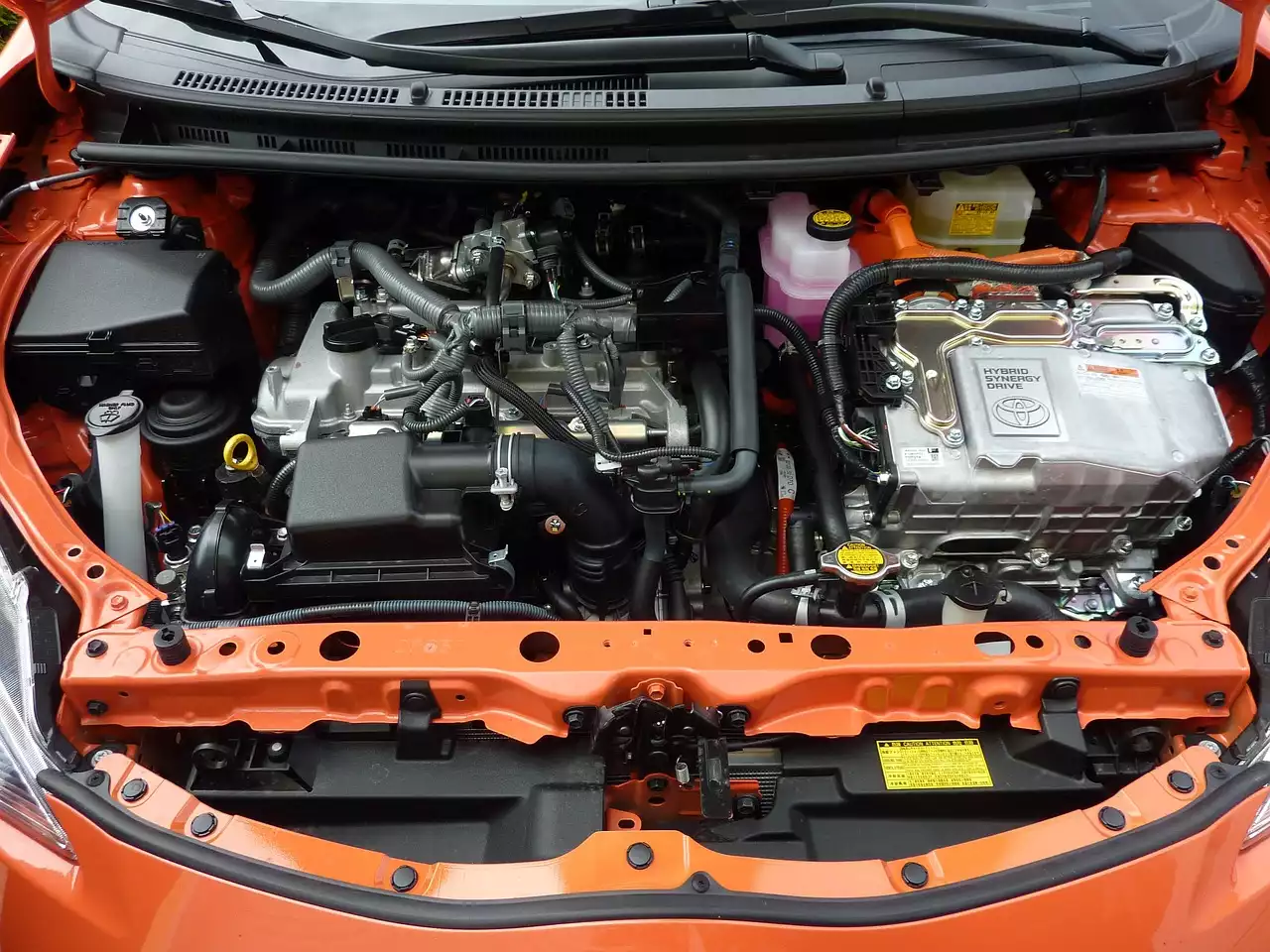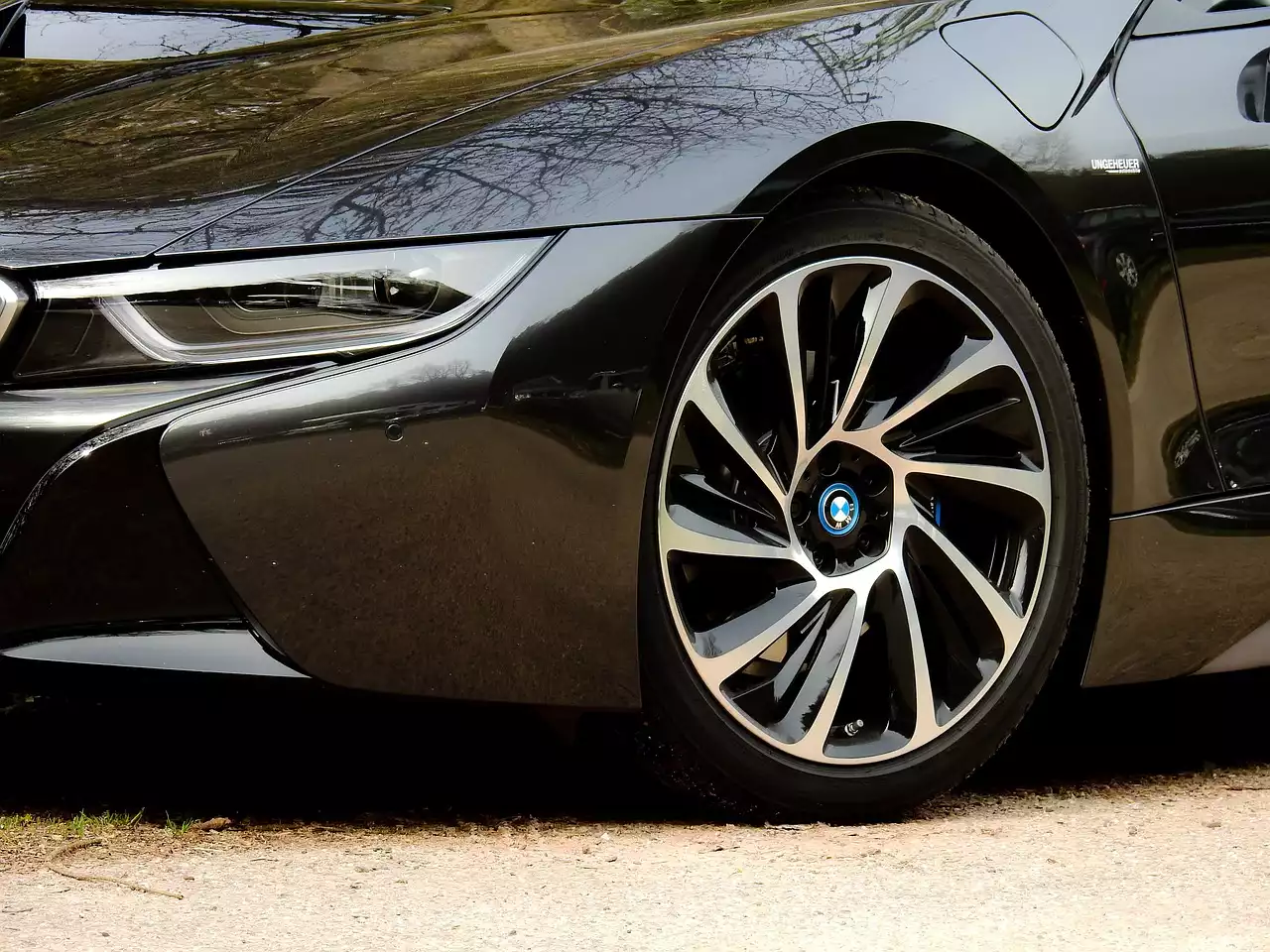Early Career and Life Achievements
Gustave Trouvé was born in 1839 in France. He was trained as a mechanic and initially worked in the Parisian suburbs. After spending several years working as a mechanic, Trouvé decided to make a career as an engineer. He opened his own workshop where he designed and manufactured mechanical equipment for industrial and commercial use. Trouvé would later design a series of agricultural machinery for harvesting, threshing, and winnowing. Trouvé’s inventions were so successful that the French government awarded him a medal in recognition of his achievements. Trouvé was married to Louise and had two children. Throughout his career, Trouvé made a range of important innovations, including a design for a hydroelectric plant, a new type of steam engine, and a design for a mechanical loom.
Inventions of Gustave Trouve
Trouvé is best remembered for his series of electric vehicles, including an electric tricycle and a four-wheeled electric carriage. Trouvé believed that electric vehicles would become increasingly popular as they did not produce any harmful emissions, they were quiet, and they were cheaper to run than vehicles powered by fossil fuels. Both the electric tricycle and four-wheeled electric carriage proved to be remarkably efficient, as they could travel up to 40 miles on a single charge. Trouvé’s electric vehicles were some of the first electric vehicles to be produced. After an accident in 1891 left him unable to walk, he designed a battery-powered wheelchair that was able to carry heavy loads.
Impact of Trouve's Electric Vehicle Invention
Trouvé was a hugely influential figure in the development of the modern electric vehicle. He was one of the first engineers to experiment with electric vehicles, and his design for the electric tricycle is considered to be the world’s first electric-powered three-wheeler. Due to the success of his electric tricycle, Trouvé was approached by the Peugeot brothers who were keen to develop a four-wheeled electric vehicle. The brothers were so impressed by Trouvé’s design that they hired him to work at their factory. Trouvé and the Peugeot brothers developed the world’s first electric-powered four-wheeled vehicle in 1898. The vehicle was powered by an electric motor and an 80-volt battery and could travel up to 25 miles on a single charge. The four-wheeled electric vehicle was not only a revolutionary invention, but also an efficient and profitable business venture for the Peugeot brothers.
Trouve's Last Years and Legacy
Gustave Trouvé spent most of his life designing and building innovative engineering projects. During his career, he designed everything from steam engines to hydroelectric plants and mechanical looms. Although Trouvé is best remembered for his electric vehicles, he also made a range of other important contributions to the development of engineering. Trouvé’s inventions made a significant impact on the development of engineering, as they were innovative and efficient. Trouvé continued to work and invent until the end of his life. He died in 1929 at the age of 90. His final years were spent designing new types of flax machines and a device to remove tiny insects from trees. Trouvé’s inventions have had a lasting impact on the development of engineering.
Trouve's Influence on Modern Electric Vehicle Development
Trouvé was a hugely important figure in the development of the modern electric vehicle. His electric vehicles were some of the first examples of electric vehicles to be produced, and they laid the foundations for future designs. Trouvé’s electric vehicles were not only the first electric vehicles to be produced, but they were also highly efficient. In addition to developing the first electric vehicles, Trouvé also invented the first electric starter that would later be used in modern automobiles. Trouvé’s electric vehicles paved the way for the creation of the modern electric vehicle, and his designs were influential on later engineers and automobile manufacturers.
